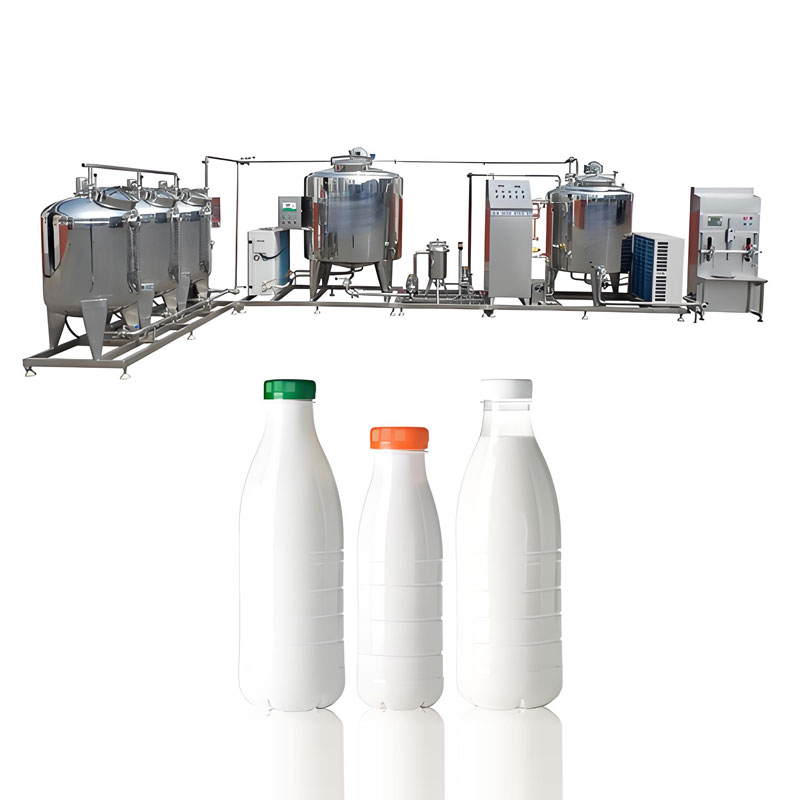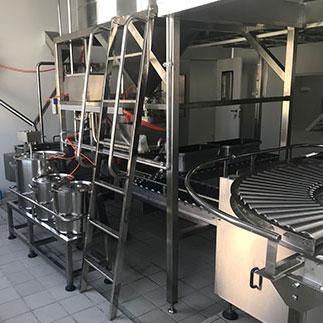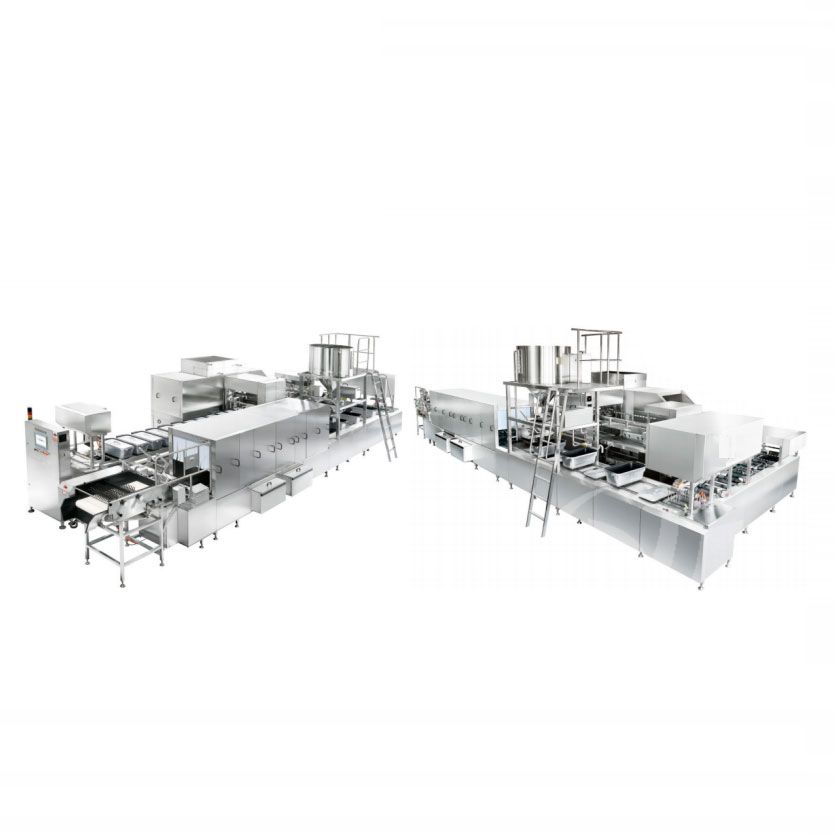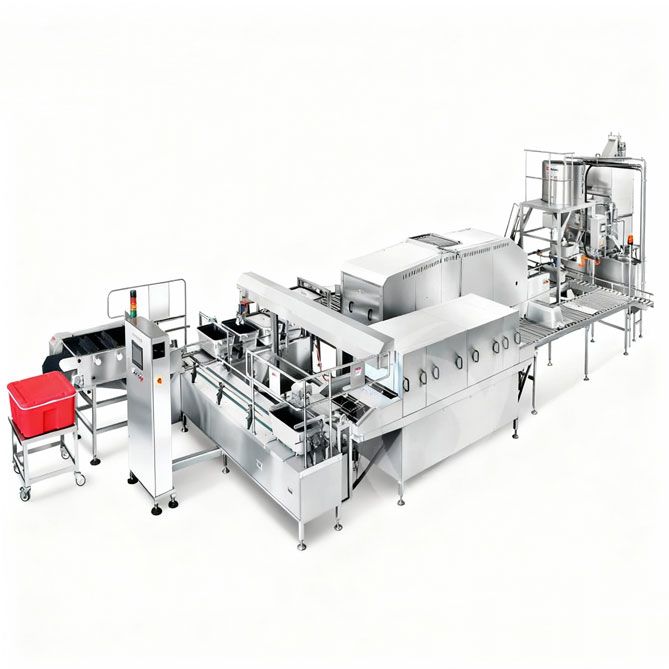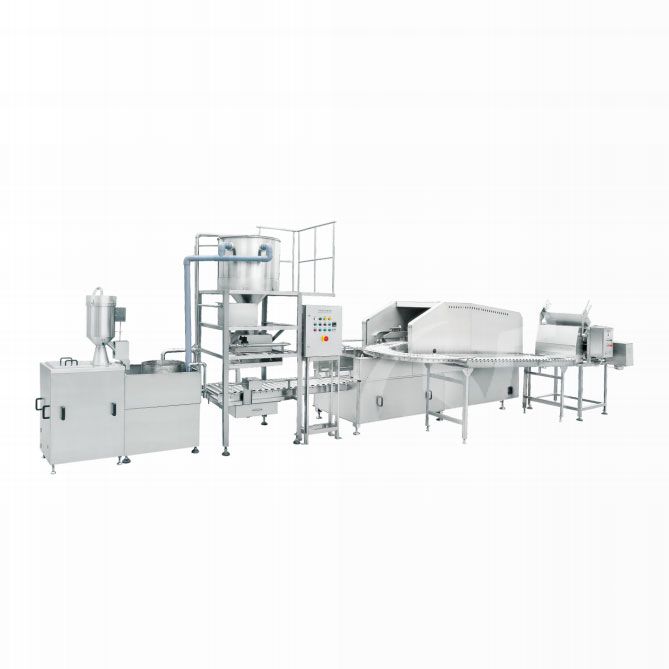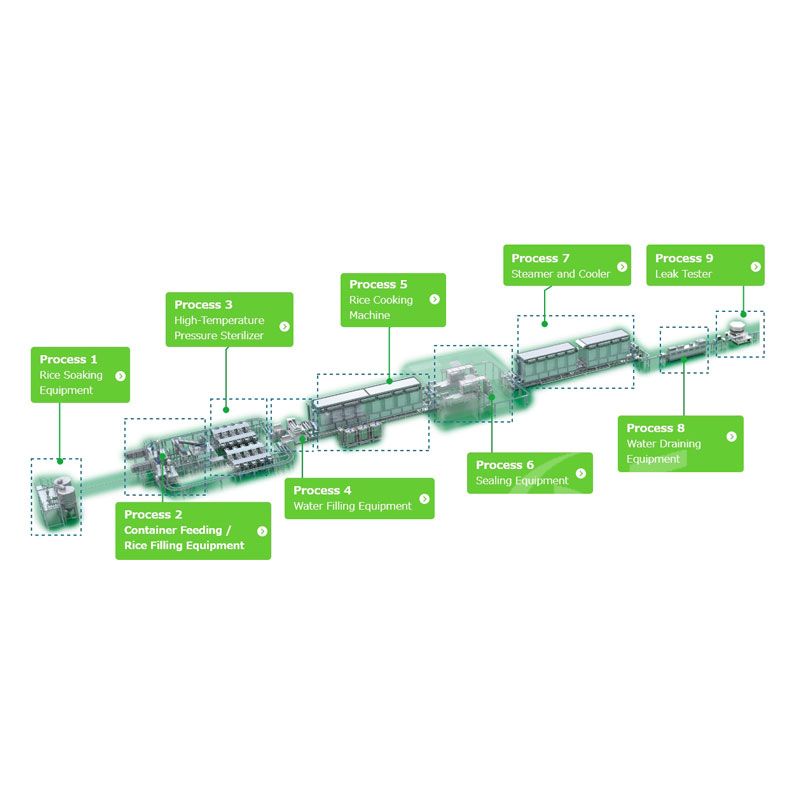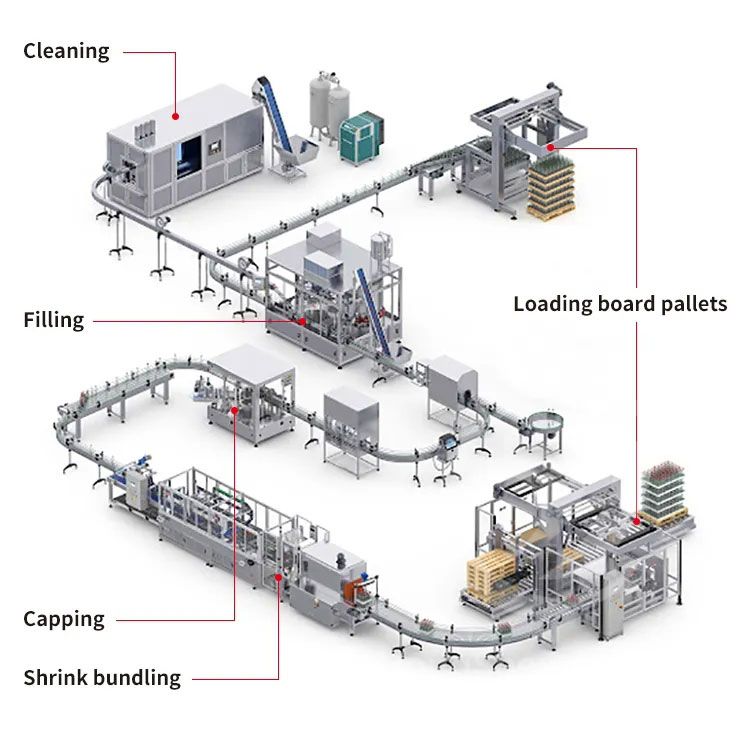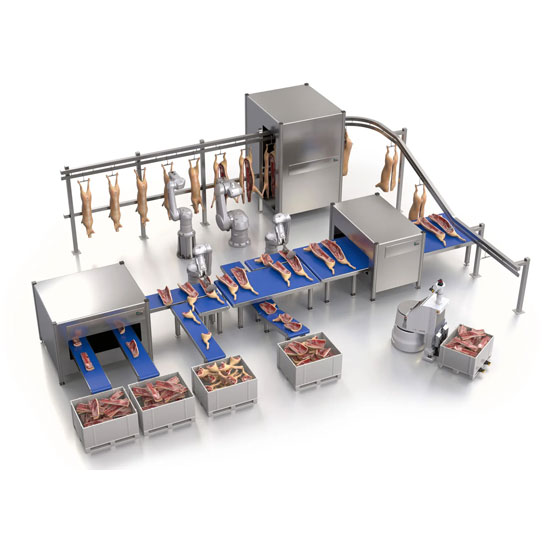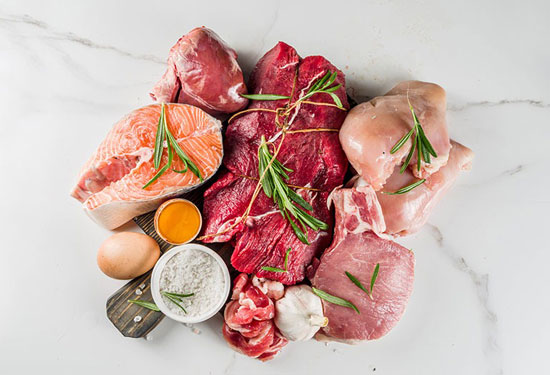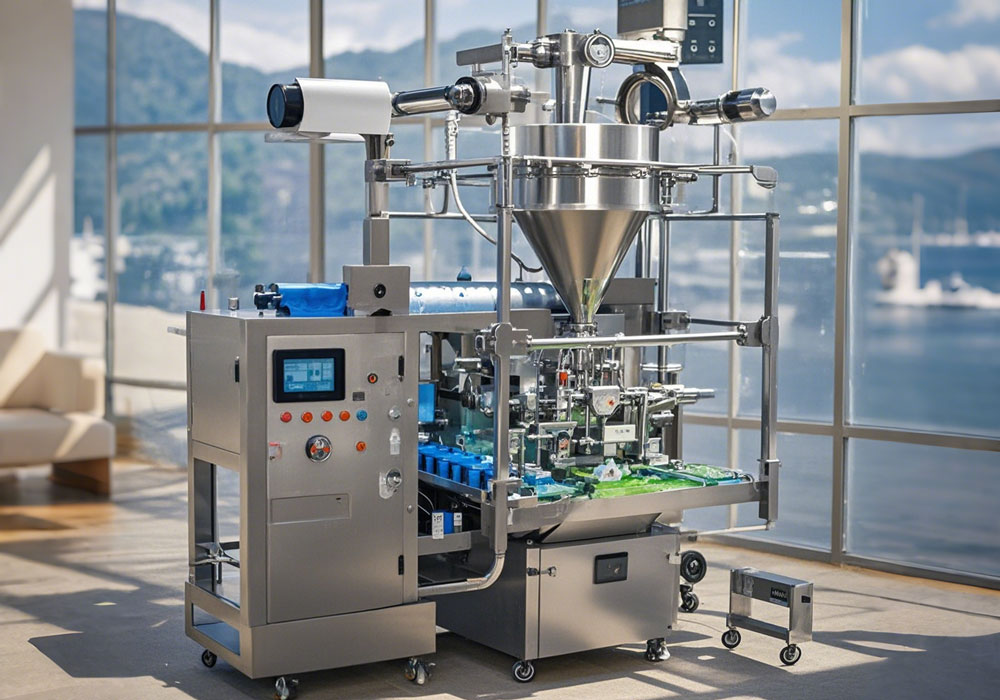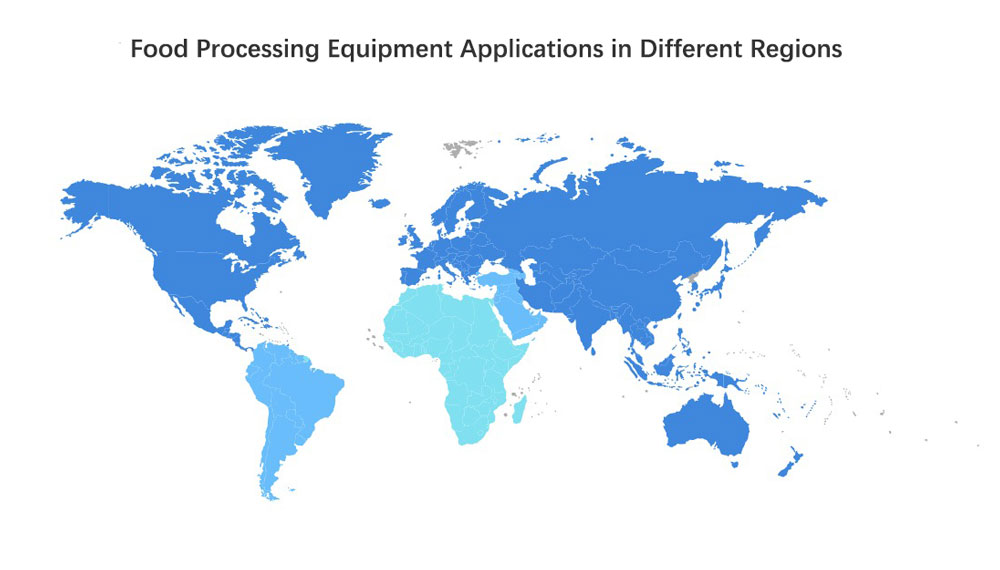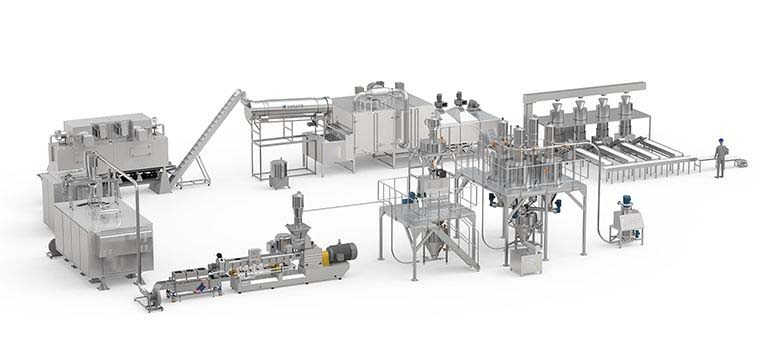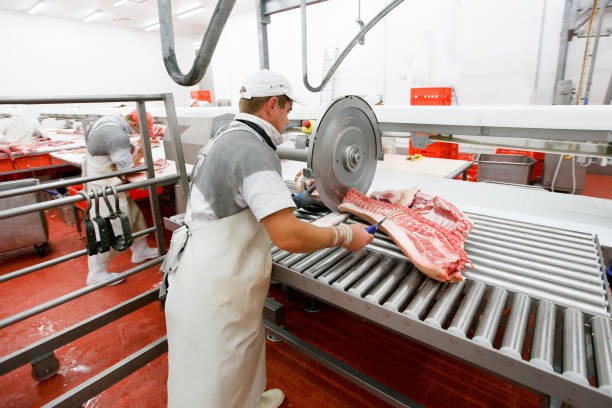🥛1. Introduction
The Commercial Yogurt Making Machine is a fully automated system designed to produce high-quality yogurt efficiently for industrial or commercial operations. It integrates milk preparation, homogenization, pasteurization, fermentation, cooling, and packaging, ensuring consistent texture, flavor, and long shelf life.
Modern yogurt machines are used by:
Dairy processing plants
Yogurt and probiotic manufacturers
Central kitchens for mass catering
Functional yogurt production facilities
With increasing global demand for healthy dairy products, investing in an advanced yogurt production machine ensures high output, product uniformity, and compliance with international food safety standards (HACCP, ISO22000, FDA).
⚙️ 2. Working Principle
Milk Preparation 🥛
Raw milk is filtered to remove impurities and standardized for fat content.
Optional fortification with milk powder or functional ingredients (vitamins, probiotics).
Mixing & Homogenization 🔄
Sugar, stabilizers, flavors, and fruit purees are blended into the milk.
Homogenizer ensures uniform particle size, preventing separation and improving creaminess.
Pasteurization & Sterilization 🔥
High-temperature short-time (HTST) pasteurization eliminates harmful bacteria.
Maintains nutritional value while extending product shelf life.
Fermentation 🌡
Milk is cooled to optimal fermentation temperature (38–42°C).
Starter cultures (e.g., Lactobacillus bulgaricus, Streptococcus thermophilus) are added.
Stirring ensures even microbial distribution and smooth texture.
Cooling & Packaging ❄️
Post-fermentation, yogurt is cooled to 4–6°C to stop fermentation.
Automatically filled into cups, bottles, or pouches with precise volume control.
✅ Advantages:
Accurate temperature and timing control
Continuous stirring prevents lumps and ensures uniform texture
Automatic feeding and packaging reduce labor costs
Supports different yogurt types (plain, fruit, probiotic, flavored)
🚀 3. Key Features
High Automation ⚡
PLC control with touch-screen interface
Automatic milk feeding, fermentation, and filling
Programmable recipes for multiple yogurt types
Hygienic Design 🛡
Stainless steel SS304/316 construction
CIP (Cleaning-in-Place) system for quick sanitation
Smooth surfaces prevent bacterial growth
Flexible Capacity 📊
Small-scale: 50–200 liters/hour
Medium-scale: 200–1000 liters/hour
Large-scale: 1000–5000 liters/hour
Versatility & Product Innovation 🌈
Supports plain yogurt, fruit yogurt, Greek-style yogurt, probiotic yogurt, and flavored yogurt
Optional fruit/fiber infusion system
Compatible with dairy alternatives (soy, almond, oat milk)
Energy Efficiency 🌍
Optimized pasteurization and cooling systems reduce power consumption
Smart temperature monitoring minimizes thermal losses
📊 4. Technical Parameters
| Model | Capacity (L/h) | Power (kW) | Fermentation Temp | Material | Dimensions (L×W×H, m) | Notes |
|---|---|---|---|---|---|---|
| YLCY-100 | 100 | 3.5 | 38–42°C | SS304 | 1.2×0.8×1.5 | Small-scale, manual loading optional |
| YLCY-500 | 500 | 7.5 | 38–42°C | SS304/316 | 2.0×1.2×1.8 | Medium-scale, automated mixing & filling |
| YLCY-1000 | 1000 | 15 | 38–42°C | SS316 | 2.8×1.5×2.0 | Large-scale, supports multi-batch fermentation |
✅ Optional Features:
Fruit/flavor injector for mixed yogurt
Cup/bottle filling machine with sealing
Rapid cooling tunnel
Recipe memory function for multiple yogurt variants
Inline quality control (pH, temperature, viscosity)
🏭 5. Applications
Industrial-scale yogurt production
Probiotic and functional yogurt manufacturing
Central kitchens for catering and school/university operations
Dairy product research and pilot plants
Plant-based yogurt (soy, almond, coconut milk)
💰 6. Operational Benefits & ROI
Labor Reduction: Fully automated feeding, fermentation, and packaging reduce workforce needs.
Consistent Quality: Smooth, uniform yogurt texture with precise flavor control.
High Food Safety: CIP system and stainless steel construction comply with international standards.
Fast ROI: Continuous production cycles increase output and reduce waste, achieving return on investment in 1–2 years for medium and large-scale lines.
🔮 7. Future Trends
Plant-Based & Dairy Alternatives: Machines adaptable for non-dairy yogurts.
Smart Production: IoT sensors monitor fermentation, temperature, and filling in real time.
Sustainability: Energy-efficient pasteurization, water-saving CIP, and eco-friendly packaging.
Functional Yogurt Innovation: Probiotic strains, prebiotics, vitamins, and fruit inclusions.
✅ 8. Conclusion
The Commercial Yogurt Making Machine offers a fully integrated, efficient, and hygienic solution for producing high-quality yogurt at industrial and commercial scales. Its modular design, high automation, and compliance with global food safety standards make it ideal for manufacturers aiming to increase productivity, improve consistency, and meet growing market demand.
Must-read blogs for bosses

